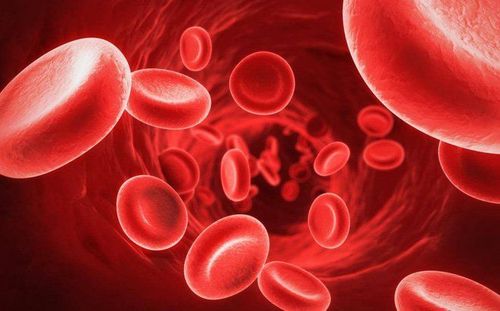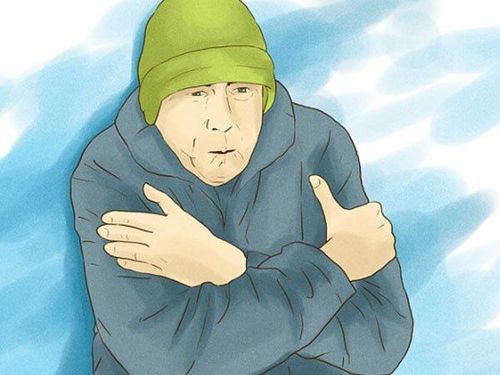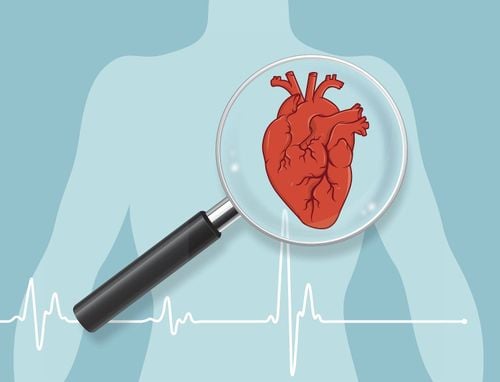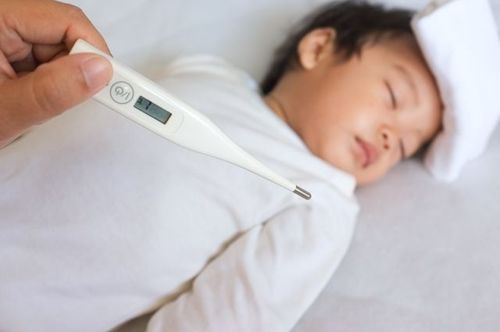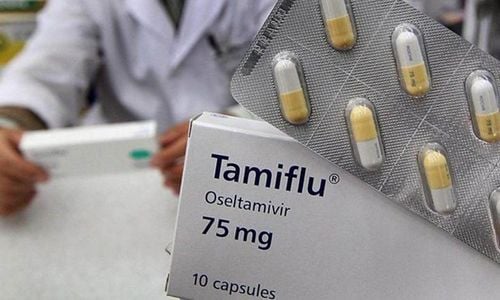This is an automatically translated article.
The article was professionally consulted by Doctor Tran Quoc Tuan - Head of the ICU - ICU - Emergency Resuscitation Department - Vinmec Phu Quoc International General HospitalWhen the temperature drops deeply, without the necessary measures to keep warm, people can suffer from mild to severe hypothermia, even death. So what is the limit of human cold tolerance?
1. Mechanisms that help the human body fight the cold
The body is integrated with many mechanisms to cope with the harshness of the environment, especially before the cold to protect itself. Specifically:Vasoconstriction: When sensing cold air, the body will respond by moving blood away from protruding parts such as fingers and toes. That amount of blood will be channeled into the central areas of these organs. The vasoconstriction will help limit the amount of body heat lost to the environment; Trembling: As soon as the temperature drops, some people will experience shivers, goosebumps, teeth chattering and shivering. This is one of the brain's warnings to command the muscles to contract continuously. This response helps the body generate more heat, raising body temperature, keeping vital organs warm, and alerting people to find a warmer place.
2. How is the cold tolerance of humans?
There are currently no studies showing how cold people can tolerate. Some points about human's cold tolerance can be mentioned as follows:2.1 The cold tolerance limit of each person will be different. People who are used to cold areas have better cold tolerance. Specifically, people who live in snow-covered regions all year round like Antarctica or Siberia in Russia (average temperature is about -60°C) can survive if good body protection measures are taken. This level of heat is almost too much for people living in other areas with warmer temperatures;
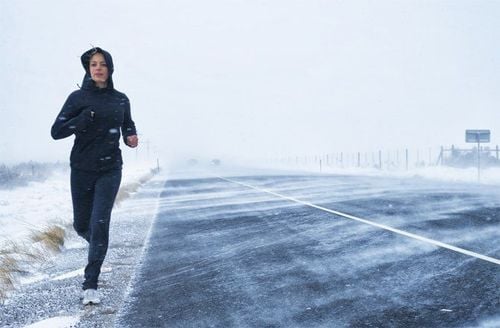
Người sống quen ở vùng lạnh giá có khả năng chịu lạnh tốt hơn
The danger of hypothermia depends on the degree of hypothermia. Specifically:
Body temperature down to 35°C: Mild hypothermia; Body temperature drops to 32.2°C: The body's temperature compensation mechanism begins to decline, mental status may change, and the patient may even lose memory; Body temperature at 27.7°C: The patient begins to lose consciousness; Body temperature below 21°C: Severe hypothermia occurs, the person will die. The record for the lowest body temperature of an adult is 13.7°C. At that time, this person was soaked in cold water and frozen for quite a long time.
A wet body loses heat 25 times faster than in air. Normally, the body compensates for its own heat with a shivering response and regulates blood flow from the extremities to vital organs. However, this mechanism cannot compensate for the rapid cooling in the aquatic environment. Within 20 - 30 minutes, depending on the water temperature, the victim's body temperature will quickly drop. Victims will die when their body temperature drops below 27°C.
If you sleep while the body is hypothermic, people will die faster. In particular, in extremely cold conditions, especially when not kept warm, even if not fatal, people are also susceptible to significant injuries. Specifically, when the body parts are subjected to long-term cold, the amount of blood circulation will decrease. The lack of warm blood causes the muscles to freeze and break.
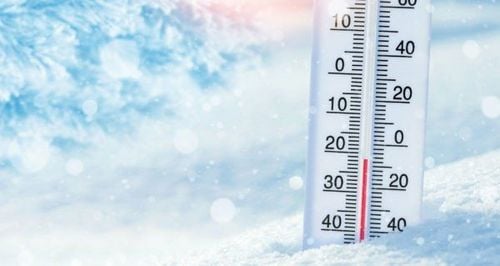
Hiện tượng hạ thân nhiệt phụ thuộc vào từng mức độ giảm nhiệt
3. Measures to keep warm in winter, prevent hypothermia
Each person should not experiment with their own low temperature tolerance because the human body will often suffer a lot of damage and be susceptible to diseases due to cold weather. Therefore, each person should keep warm by himself, reminding everyone around him about keeping his body warm.
Specifically, in cold weather, each person should wear warm enough, at least 3 layers of clothing. The innermost layer is a fabric that absorbs sweat to let moisture escape from the skin, the middle layer is an insulation layer and the outermost layer is a protective layer against wind, rain and other external factors. Besides, should wear very thick, warm and waterproof shoes to protect the feet and toes. Wearing a thick hat also helps keep the head and ears warm. Gloves should be worn to keep fingertips warm, especially when exposed to cold weather or cold water.
To prevent hypothermia, after being outdoors or in cold water for too long, we should take off wet clothes, dry the body. Next, start warming up from the torso because warming the extremities first can cause heatstroke. In particular, people with cold should absolutely not soak in hot water because the rapid increase in body temperature can cause cardiac arrhythmias.
Please dial HOTLINE for more information or register for an appointment HERE. Download MyVinmec app to make appointments faster and to manage your bookings easily.
Articles refer to the source: bbc.com




